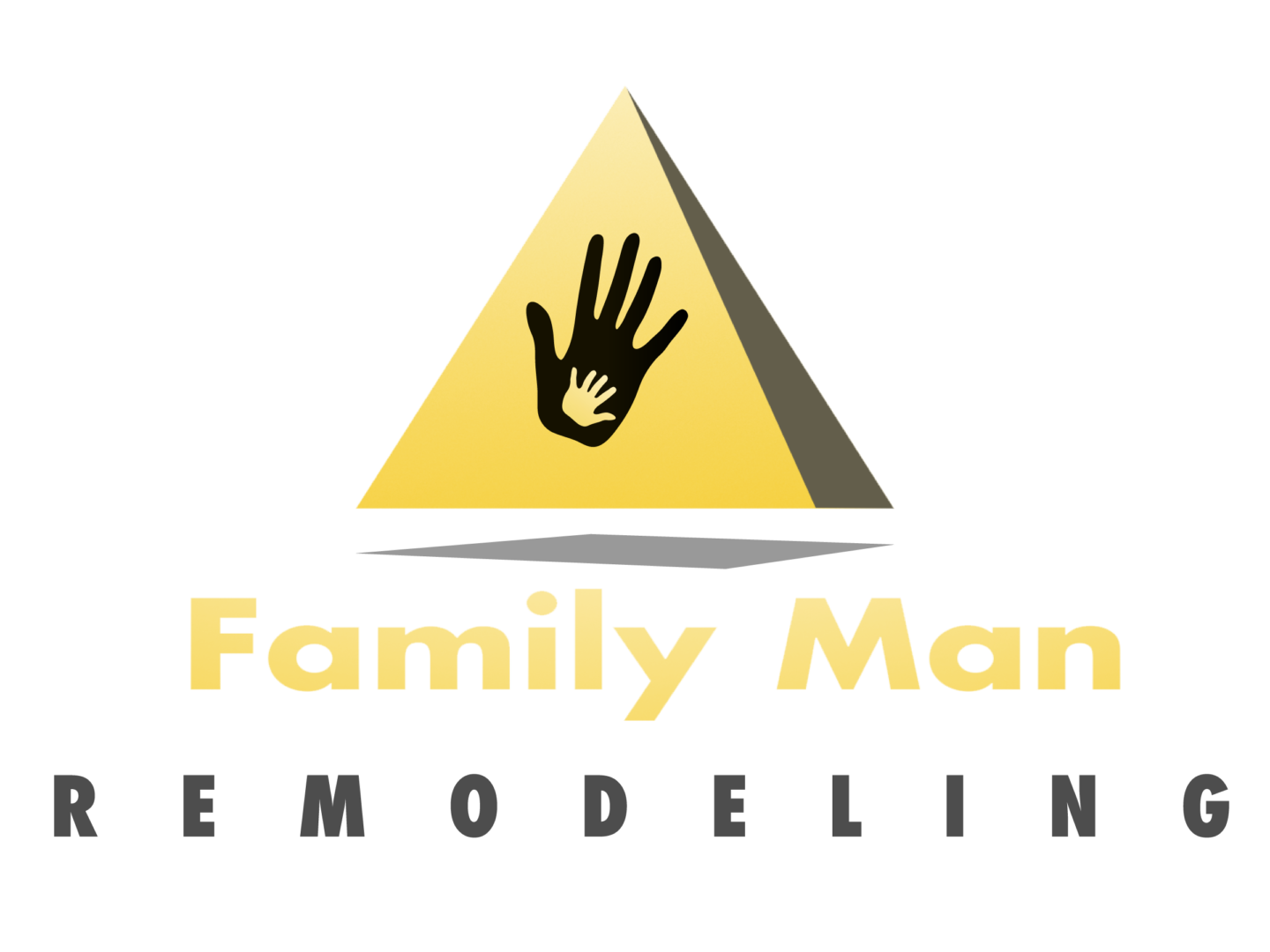Are you considering adding an accessory dwelling unit (ADU) to your property? It’s a decision that can offer a multitude of benefits for various types of families. Let’s delve into how different households can benefit from having an ADU and why it might be the perfect addition to your home.
Who needs an ADU?
Empty Nesters: As children grow up and move out, empty nesters often find themselves with extra space in their homes. Converting this space into an ADU can provide a practical solution, allowing empty nesters to downsize their living space while still maintaining independence. By renting out the ADU, they can generate additional income to supplement their retirement funds or cover the costs of a caregiver in the future. This arrangement offers financial flexibility and allows empty nesters to make the most of their property.
Young Families: For young families, an ADU can offer financial stability and flexibility. Renting out the ADU can provide a steady stream of income, which can help cover the costs of childcare, save for their children’s education, or pay off their mortgage faster. Additionally, ADUs can offer a more affordable alternative to traditional housing options, allowing young families to live in desirable neighborhoods without the burden of exorbitant rent or mortgage payments. This allows them to build equity in their property while enjoying the benefits of homeownership.
Multi-Generational Families: ADUs are particularly advantageous for multi-generational families, offering separate living spaces while allowing them to stay close to their loved ones. Aging parents can have their own independent living space on the property, allowing them to maintain their autonomy while still being close to their children and grandchildren. This arrangement provides peace of mind for both generations, knowing that they are nearby to support each other. Additionally, adult children who are starting their careers or saving for their own homes can benefit from living in an ADU on their parents’ property. This allows them to save on rent while maintaining a level of privacy and independence.
Benefits of having an ADU:
Fostering Community: In addition to the specific benefits for different types of families, ADUs can also foster a sense of community and togetherness. With an ADU on the property, families can have extended family members or close friends live nearby, creating a supportive network and a strong sense of community. This arrangement can lead to increased social interactions, shared responsibilities, and a more fulfilling family life. By building an ADU, homeowners can create a welcoming environment where everyone feels connected and supported.
Affordable Housing Solutions: Beyond the benefits to individual families, ADUs also contribute to addressing broader housing challenges, particularly in areas facing affordability crises. By providing additional housing units, ADUs help alleviate pressure on the housing market and increase the availability of affordable housing options for renters and buyers alike. This is particularly relevant in urban areas where housing costs are high and space is limited. ADUs offer a practical and sustainable solution to housing shortages, allowing more people to access safe and affordable housing options.
Environmental Benefits: ADUs also have environmental benefits, contributing to sustainable living practices and reducing carbon footprints. By utilizing existing space on residential properties, ADUs minimize the need for new construction and reduce the strain on natural resources. Additionally, ADUs can promote alternative transportation methods by allowing residents to live closer to urban centers and public transit hubs, reducing reliance on cars and decreasing greenhouse gas emissions. Overall, ADUs support environmentally friendly lifestyles and contribute to building more resilient and sustainable communities.
ADU Considerations:
Regulatory Considerations: While there are numerous benefits to building an ADU, homeowners should be aware of regulatory considerations and potential challenges. Zoning regulations, building codes, and permitting processes can vary significantly by location and may impact the feasibility and cost of constructing an ADU. It’s essential to research local regulations and consult with professionals, such as architects and contractors, to ensure compliance and navigate any potential obstacles effectively.
Financial Considerations: Another factor to consider is the financial investment required to build an ADU. While ADUs can provide additional income and increase property value over time, homeowners must weigh the upfront costs of construction, including permits, materials, and labor. It’s essential to budget carefully and explore financing options, such as home equity loans or construction loans, to fund the project responsibly. Additionally, homeowners should consider the potential return on investment and long-term financial implications when deciding whether to proceed with building an ADU.
In conclusion, adding an accessory dwelling unit (ADU) to your property offers numerous benefits for various types of families. Whether you’re an empty nester looking to downsize, a young family seeking financial stability, or a multi-generational household wanting to stay close, an ADU can provide a flexible and practical housing solution. Additionally, ADUs contribute to addressing broader housing challenges, promoting sustainable living practices, and fostering strong communities. While there are regulatory and financial considerations to navigate, the potential benefits of building an ADU far outweigh the challenges for many homeowners. With careful planning, research, and professional guidance, an ADU could be the perfect addition to your home, enhancing your quality of life and providing valuable opportunities for generations to come.
